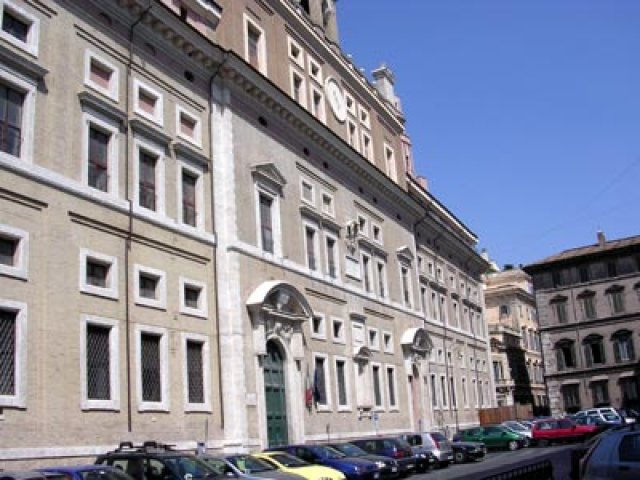Let’s stop calling it the Ministry of Culture and start calling it the Ministry of Sex and Intrigue. And not just that—add shadows, suspicions, conspiracies, betrayals. All things that should typically concern more powerful ministries like the Interior, Economy, Defense, or Foreign Affairs. Especially in a country where culture, as a value, doesn’t matter much—where people read as little as they did before World War I, where intellectuals are insignificant and constantly serve either the ruling power or the opposition, where films are only made for friends, and where radical chic salons are as disconnected from reality as a child on LSD. Yet, all the drama seems to be happening here.
Poor Sangiuliano paid the price with his career, all because of a Boccia who spun out of control on social media. But his successor, Giuli—an erudite intellectual with an often cryptic public discourse—is already in trouble. After firing a member of the previous staff amid controversy, the person he replaced them with has already resigned, also amid controversy. His partner—because yes, this story includes gay couples, like any respectable Netflix series—holds a position at the prestigious cultural institution Maxxi, where Giuli himself used to work. Technically, there’s no conflict of interest, as the appointment dates back to 2022 under former PD minister Melandri. But in Italy, the left has its own unique perception of space and time.
Then there’s the new media Robespierre, Sigfrido Ranucci (though his name has Wagnerian overtones), who promises chaos on Sunday with his show Report. Even Giuli’s sister, Antonella, former spokesperson for Lollobrigida, might feel the heat. Now, before addressing the budget and Albania, people are asking Meloni: what’s going on in the cursed ministry? It feels like an infestation, like the legends that haunt old Venetian buildings (which have often become museums). Some right-wing voices suggest the left can’t stand losing this center of power and perks, attacking the government head-on because they see it as a critical battle. Maybe that’s true. But to me, it seems mostly about people—some in love, others less so—and their ethical qualifications for these roles. That’s the real question Giorgia should reflect on. Culture, meanwhile, can wait.


